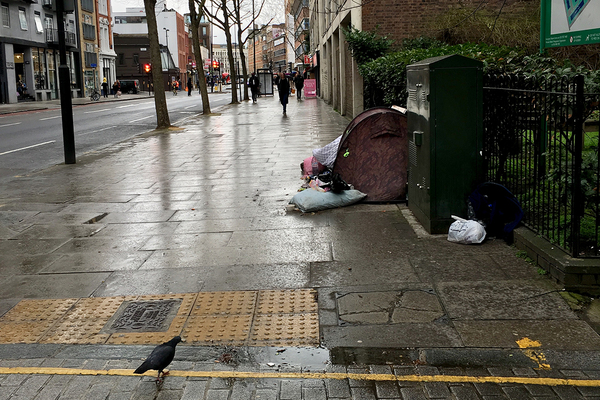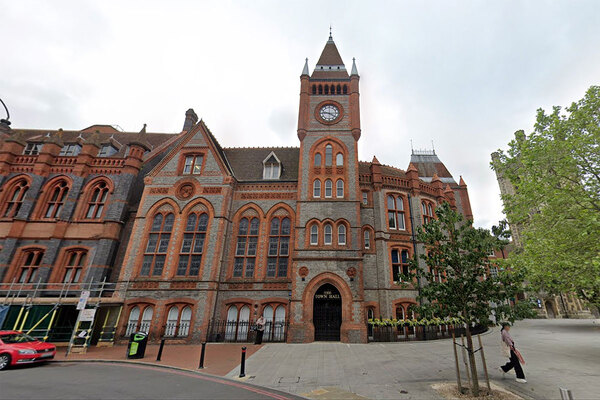You are viewing 1 of your 1 free articles

Implementing Housing First in Bristol
A Housing First pilot was launched in Bristol last year. Hannah Mahoney reports on the progress so far
Golden Key is a partnership of organisations working with people in Bristol who are experiencing a mix of homelessness, mental health problems, drugs and alcohol dependency, and offending behaviour.
In partnership with housing associations and the city council, in Spring 2018 we set up a Housing First pilot in Bristol.
It has now housed five clients with a further two being housed this month, all of whom have a history of complex needs and long-term homelessness.
Housing First is about giving clients their own flat straight away rather than requiring them to go through a pathway, where they might have to start in a hostel, then move them into shared accommodation and so on.
“The needs of our Housing First clients also means the property has to be right”
For some people with complex needs that approach is just too complicated and more immediate support is required.
The needs of our Housing First clients also means the property has to be right – for example, some of the clients have pets so their accommodation has to allow them to keep them otherwise the tenancy just won’t work.
The wider environment also has to be right: we need to ensure the property is not so far from the client’s existing community that they become isolated, but at the same time it has to be removed enough to give the client a fair chance of breaking any cycles of negative behaviour that resulted in them becoming homeless.
It is also essential that client-facing staff understand this isn’t just another tenancy. When we sat down and explained Housing First to staff they were really excited by the freedom it gave them.
They understand the importance of home and have a real sense of purpose around finding a home for everyone.
As such, helping a street homeless client to find a home – and stay in it – is hugely rewarding.
The other vital thing is making sure that you have the right support in place, otherwise you are setting the client up to fail.
For example, one of our Housing First clients had been street homeless for 32 years and we have just found him a home.
“The other vital thing is making sure that you have the right support in place, otherwise you are setting the client up to fail”
We cannot expect him just to go from being on the street to living in a home, so we are working with him and a support provider to manage that transition one step at a time.
This is why Housing First is not a quick win, because you need to identify each barrier that is preventing the person from moving into their own home and then address it at a pace that works for them.
Hannah Mahoney, programme manager, Golden Key
Housing First: The seven key principles
- People have a right to a home so Housing First prioritises access to housing as quickly as possible without any conditions other than the willingness to maintain a tenancy. Individuals won’t lose the tenancy if they disengage from or no longer require support.
- Flexible support is provided for as long as it is needed with housing providers committing to long-term, flexible support without a fixed end date.
- The housing and support are separate – so housing is not conditional on engaging with the support. The offer of support remains if the tenancy fails.
- Individuals have choice and control. They have the choice, where possible, about where they live. Accommodation should be pepper-potted and self-contained, unless an individual says they would prefer shared housing.
- Active engagement. Staff proactively engage clients and caseloads are small. Support provided as long as clients need it.
- The service supports people to identify their strengths and goals and to develop skills and knowledge to achieve them.
- A harm reduction approach is used – so individuals who, for example, self-harm are supported to undertake practices which minimise the risk of them self-harming.
Source: Housing First England
Cathy at 50 campaign
Our Cathy at 50 campaign calls on councils to explore Housing First as a default option for long-term rough sleepers and commission Housing First schemes, housing associations to identify additional stock for Housing First schemes and government to support five Housing First projects, collect evidence and distribute best practice.













